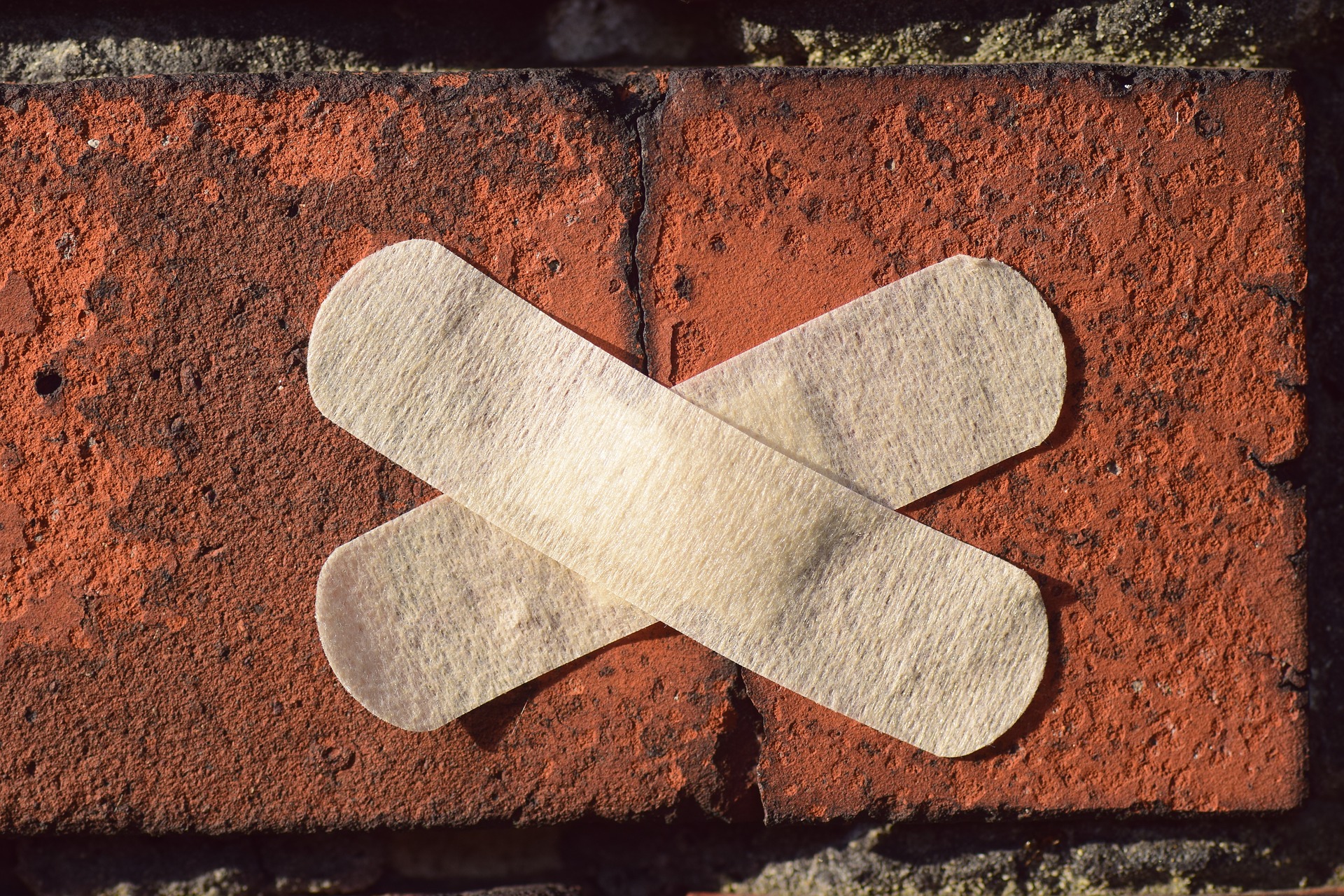
Being faced with housing disrepairs can be a daunting prospect, especially if you live in a council home. If the damages are severe, you may find that the repair work needed can be extensive. In some cases, it can take more than a few months to fix. That’s why it is essential that you landlord is ready to work with you in order to have your damages fixed in a timely manner.
Unfortunately, this is not always the case. Landlords can be tricky to deal with. In some cases, they may ultimately ignore your requests for help. Worse still, there may be times when your landlord tries to stick you with the bill of these repairs. Let’s be clear: your landlord is responsible for the damages that happen to your council home. When something goes wrong, they need to have it fix. If they fail to do this then they could be guilty of negligence.
There are many different types of housing disrepairs that you can encounter during your stay in a council home. Some are more common than others. Make sure to keep an eye out for small damages. These can quickly turn into more severe problems that will require extensive treatment. Don’t forget, if your landlord refuses to help with these damages, you can make a Housing Disrepair Claim in order to ask for compensation and for their co-operation in getting the damages fixed. Gowing Law Solicitors can help with this. Call us on 0800 041 8350 or click the link below to visit our website:
The Basics of Housing Disrepairs & Landlords
Before we talk about the most common housing disrepairs, let’s take a moment to talk about the responsibility of a landlord. When you move into a council house or a property owned by the housing association, it’s important to understand that your landlord is responsible for the majority of your property. They are responsible for your safety when you live in your house and need to make sure that it is habitable for both you and your family. This is known as your landlord’s “duty of care”. If they refuse to help you then this is a sign of negligence, especially as they may be putting you at risk of an accident.
Some examples of the areas of your home that your landlord is responsible include:

If there are problems in your house that require fixing, you should report them to your landlord as quickly as possible. That way the damage can be sorted and you can get your house back to a liveable condition. Make sure to send the alert to your landlord in both writing and in an email format. If they ignore you, or demand that you pay for the damages, that’s when it’s time to start making preparations to make a housing disrepairs claim. This includes documenting evidence for your solicitor to use during your settlement agreement.

What could make me eligible for compensation?
The main priority of any home owner is to ensure that their home is habitable for themselves and their family. That’s why it’s understandable that you will want the disrepairs sorted by your landlord as soon as possible. If these disrepairs have been left for a long time, there is a chance that you could suffer from damages that affect your quality of life. It is these damages that will make you eligible for making a Housing Disrepairs compensation claim. Take a look at the infographic below to get a better idea about the three main categories of eligibility:

If any of the following have happened to you, you could be eligible for a pay-out to compensate you for your damages. Keep in mind that you may have experienced more than just physical damages or damages to your belongings. You may also have experienced emotional damages. The stress of the situation may have made a current mental health condition worse, or perhaps your landlord is making you feel anxious about the disrepairs altogether. Either way, the extent of your damages could increase the amount of compensation that you are owed.

Housing Disrepairs: The most common problems in a council house
When it comes to housing disrepairs, it’s important to understand that some are going to be worse than others. Whether you are suffering from small damages to your wall or perhaps have lost electricity in your house or some other large hazard, you are going to have to inform your landlord as quickly as possible to get the repairs sorted. Even during the Covid-19 lockdown, they were still required to do an inspection to find out what repairs needed to be made to fix the damages. They may have even sent over a qualified repair worker to check out the damages. Some types of disrepairs are going to be more common than others. That’s why we are going to take a little time now to address the top five most common housing disrepairs you may find inside a council home or a property provided by the housing association.
1. Mould and Damp

Unfortunately, a lot of the council properties in the UK were created in the 1950’s or 1980’s. That means there is a higher chance that they are going to have asbestos in them or suffer from a damp or mould problem. A recent investigation by ITV has shown that there is a mould and damp with the majority of council properties across the UK. Unfortunately, in most cases, landlords will simply say the way to deal with mould and damp is to keep the flat well-ventilated and to make sure that you open your doors and windows to help with the problem. However, they don’t send over the appropriate repairmen to go to the root cause of the mould. That means it will keep on coming back time and time again.
Black mould and fungus can cause serious health problems, especially if you are already suffering from asthma or bronchitis. Worse still, it can spread to clothes and your belongings. That’s why it’s crucial to get rid of it as quickly as possible. If your property is damaged because of the mould, you could be owed compensation for your losses.
2. Pests, Infestations and Vermin

It can be embarrassing to have an infestation problem in your home. Even if it’s just a single rat that lives in your home, there is a chance that it could spread disease if it bites you, your other family members or leaves its droppings around the house. Of course, there are other types of infestations. This includes fleas, bedbugs, mice, flies and bugs in general. Sometimes, if there is a dead animal on your property, this can attract vermin, in particular flies and fleas, to your home. It can be difficult to live in these types of properties and it’s likely that you may end up getting sick due to the infestations. That’s why your landlord needs to involve pest control as quickly as possible to get it resolved.
3. Leaks and Flooding

Whether you live in a flat or a council house, if a pipe bursts, your gutter is clogged or the plumbing is faulty, it is likely that you could experience a leak that could lead to flooding or water damage. Not only could this damage your personal property, but it can also damage the house itself. This can start off with it just being staining on the ceiling or walls. However, these can develop into mould, cracks and damp if it’s not treated as quickly as possible. As we said before, mould and damp can cause serious health problems. That’s why you need to let your lawyer see the damages. You can also try to have a repair team locate the leak and repair the damages. The faster it is sorted, the less likely it is that you will experience damp or further flooding in the future.
4. Cracks in the external/internal structure

Sadly, as a house ages, it’s very likely that it’s going to experience some cracks or structure disrepair. If you spot a crack in your wall, ceiling or perhaps a small hole or broken segment, we would recommend that you speak to your landlord as quickly as possible. A structure problem could have a serious effect on the safety of the building as a whole. That’s why it is needs to be assessed and sorted as fast as possible.
Not only does it indicate that additional damage is just on the horizon, cracks and holes are the perfect place for mould and fungus to grow. This could weaken the structure of your home and cause additional damage. By alerting your landlord quickly, you can help them get the defect repaired. They will appreciate avoiding having to pay a large amount of money for a repair. It will also be less of a headache for you in the long run, as you will not have repair workers coming in and out of your house for a long time!
Keep don’t forget that cracks can also start to happen on the external structures as well, including your roof and outside walls. Sometimes this could be due to general weather or exposure, however in other times it could even be due to plant life. Speak to your solicitor to get these damages assessed as quickly as possible.
5. Faulty Electricity

Faulty electrical wiring, outlets and appliances are some of the most dangerous disrepairs in a tenant’s home. Whilst it’s one thing for a light bulb to go out, if the real problem is the electrical outlet, there is a chance that you could be shocked or suffer from burns that need a hospital trip to fix. It’s your landlord’s responsibility to ensure that all of the objects in your home are safe. This includes being able to hide away wiring. You should also ensure that you understand how to handle the electrical products in your home. This type of problem may seem small, but it can get worse, especially if you have small children living in your council home. Don’t leave it to get worse. Speak to your landlord to get it sorted as quickly as possible.
Gowing Law Solicitors can help you with your Housing Disrepairs Claim
Here at Gowing Law Solicitors, we are proud that we are able to help our clients all over the UK. We understand that housing disrepairs can be difficult to deal with on your own. That’s why if you’re thinking about making a claim, our law firm is here to support you through it. Our specialists can offer you free advice and consultations to get you started. If you are happy to move forward with your claim, we can offer you our services on a “no win-no fee” basis. That means you will always come out on top and will never need to pay any hidden fees. Instead, you will only need to pay our lawyers for their services if they win your claim for you. So, what’s stopping you from getting started?
Contact Gowing Law today by phoning 0800 041 8350, emailing info@gowinglaw.co.uk. or by using our claim’s checker. One of our specialists will be in contact to answer any additional questions you may have.
Learn more about Housing Disrepairs
Don’t forget that if you want to learn more about Housing Disrepairs Claims, our law blog is the place to get started. We update it every week with brand new content about legal claims, seasonal events, competitions and giveaways. So, make sure to keep checking back to see what our latest updates are. If you want to send in a suggestion for our blog, feel free to do so by emailing info@gowinglaw.co.uk. You can also follow our social media to see what we have been up to recently.
We look forward to seeing you in our next blog.






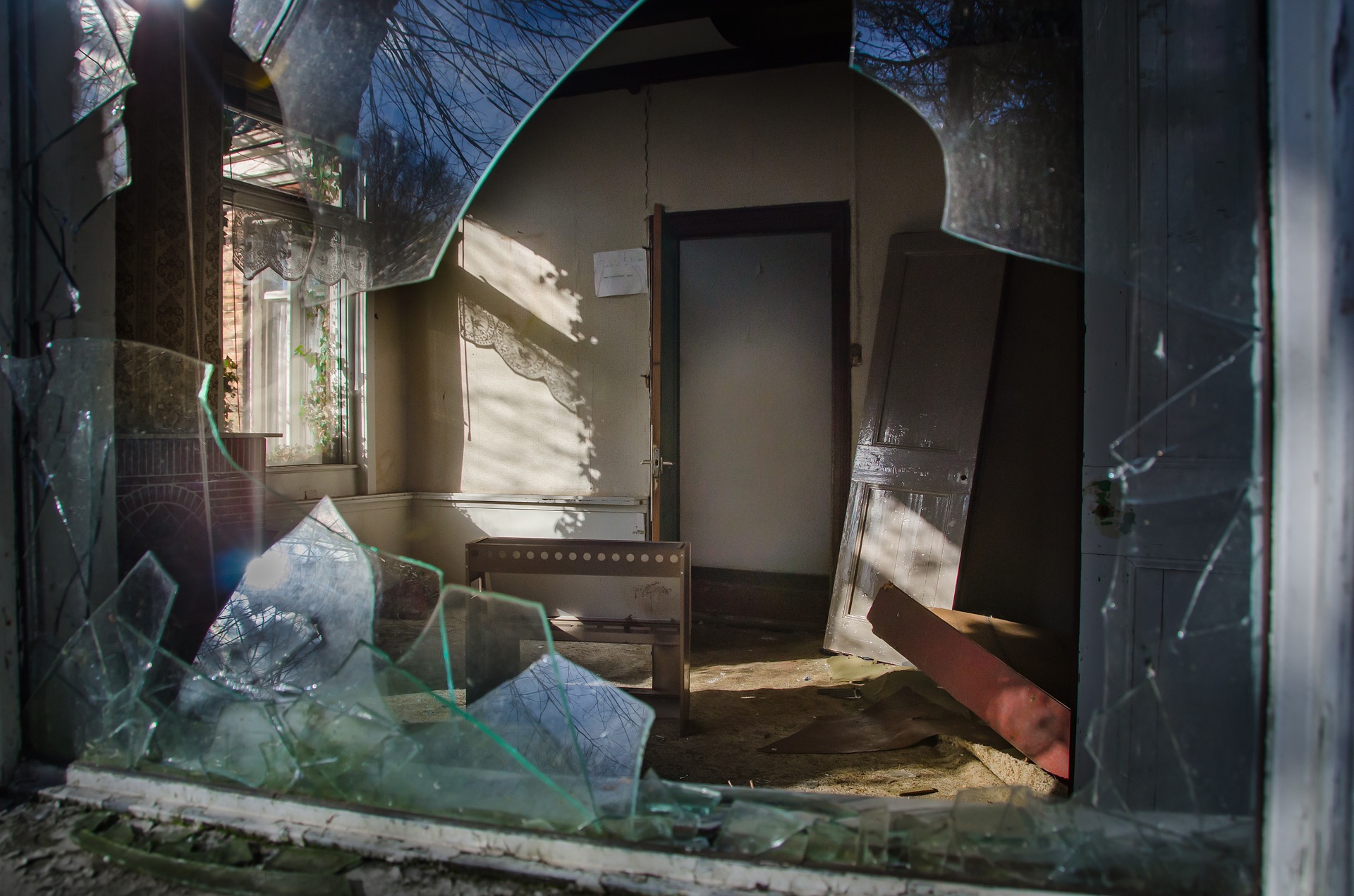







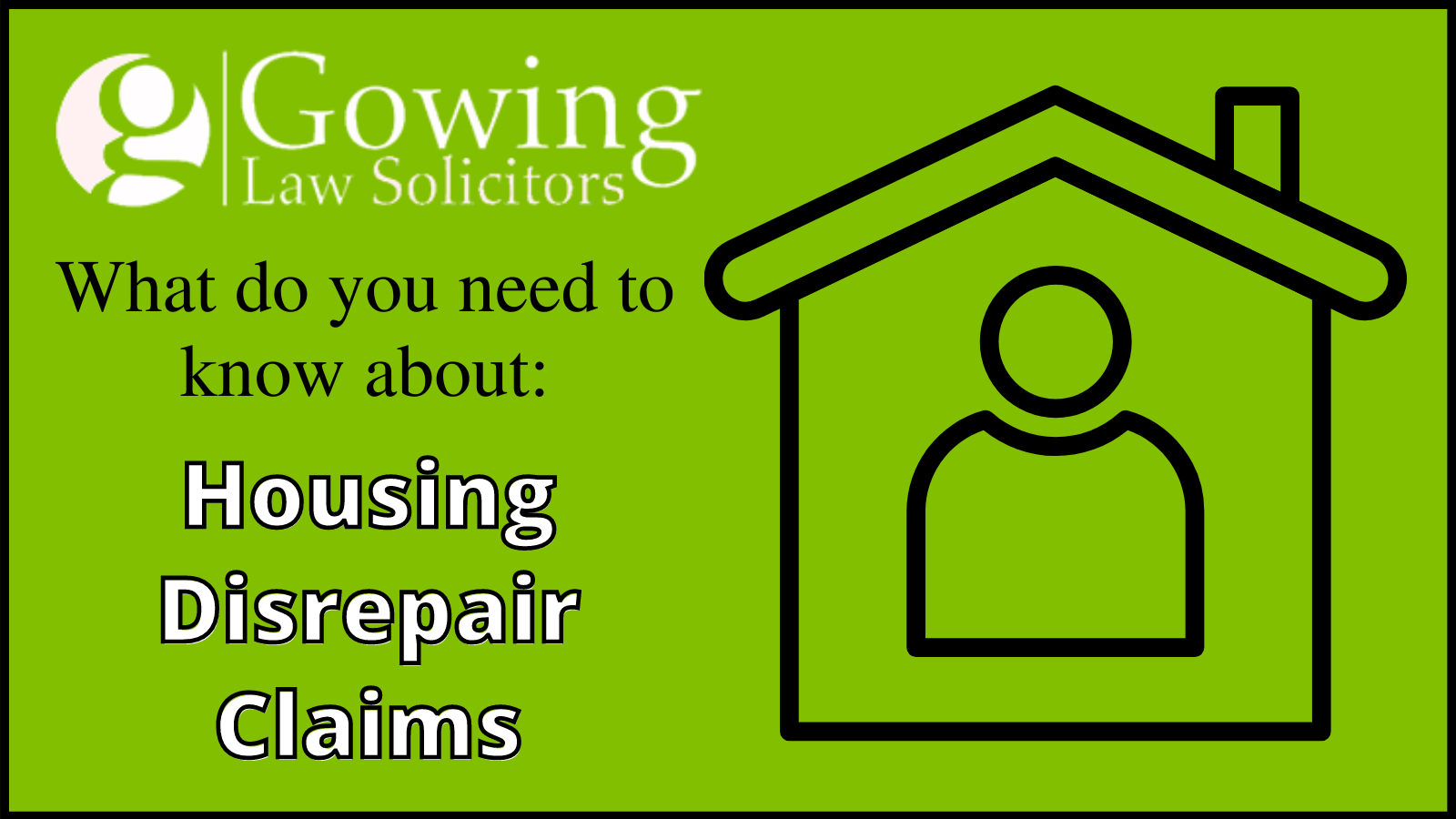





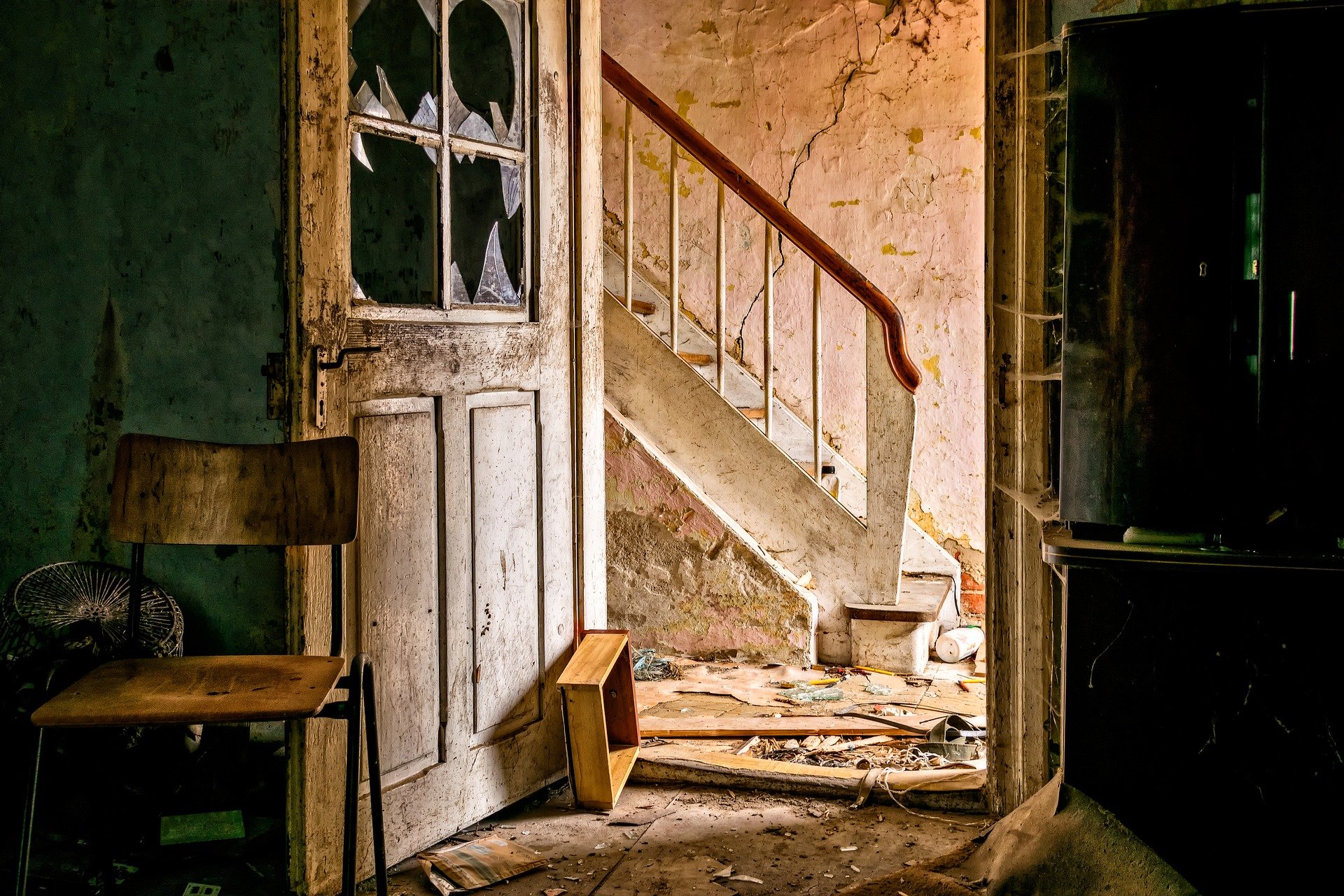





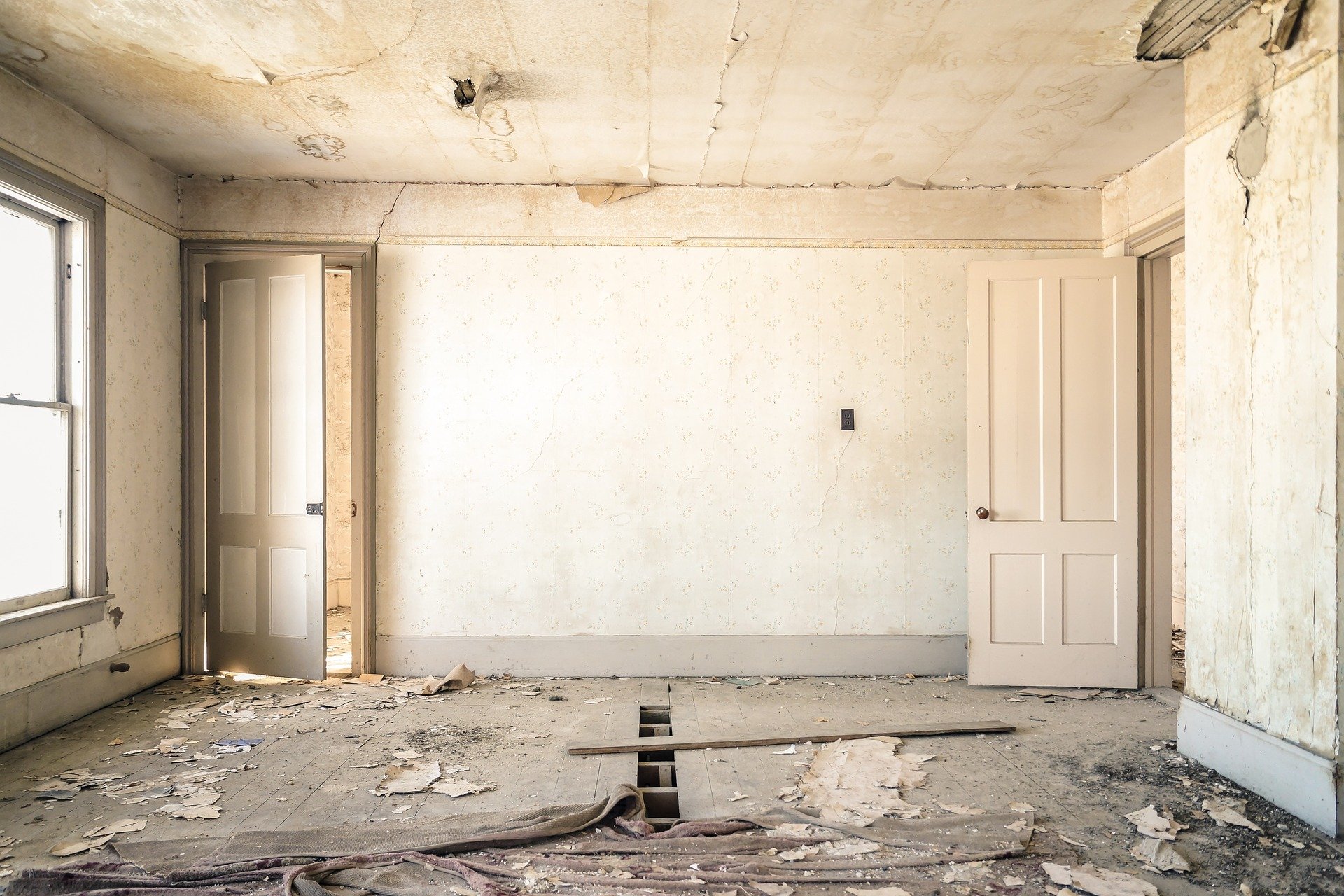






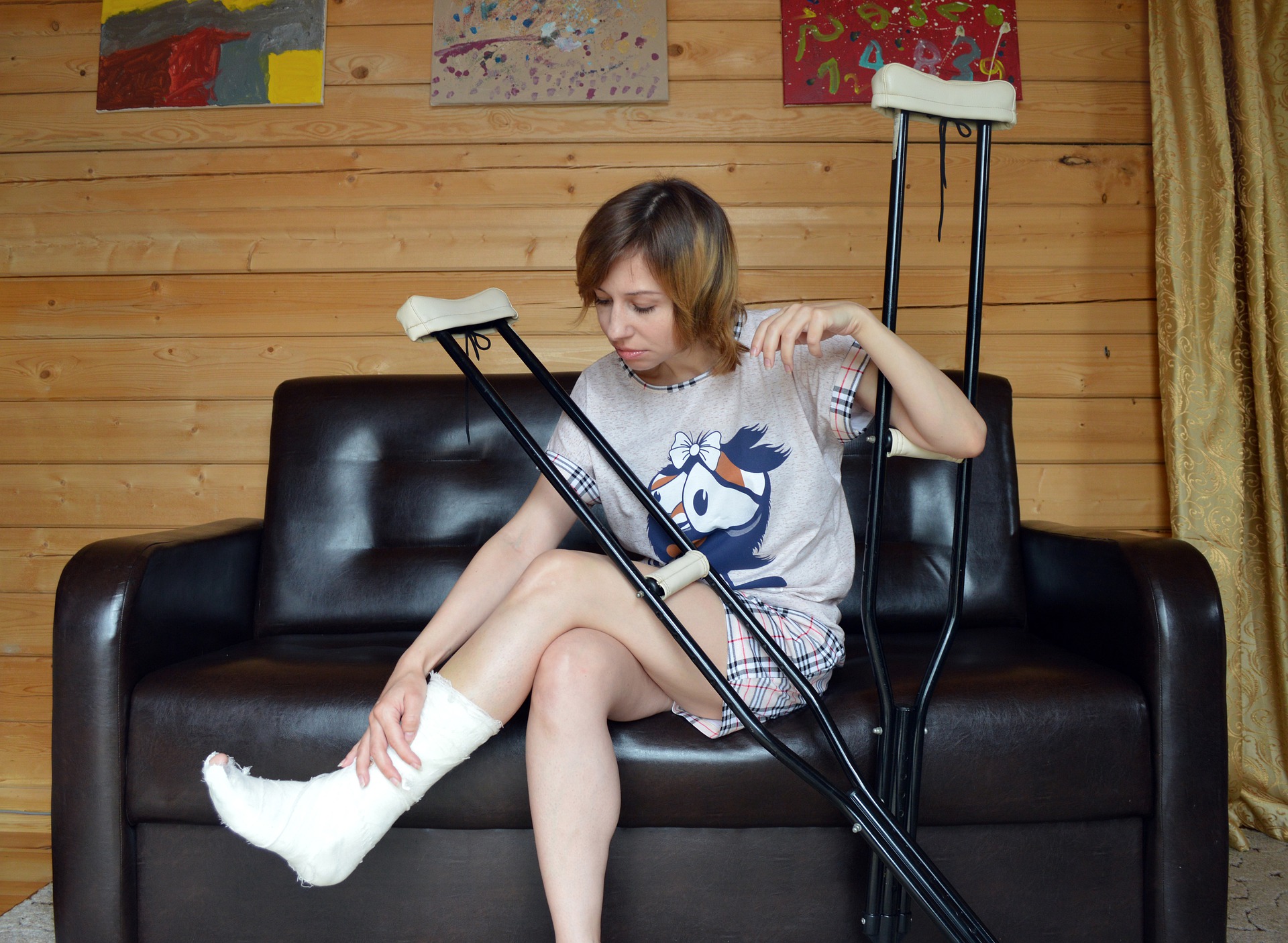














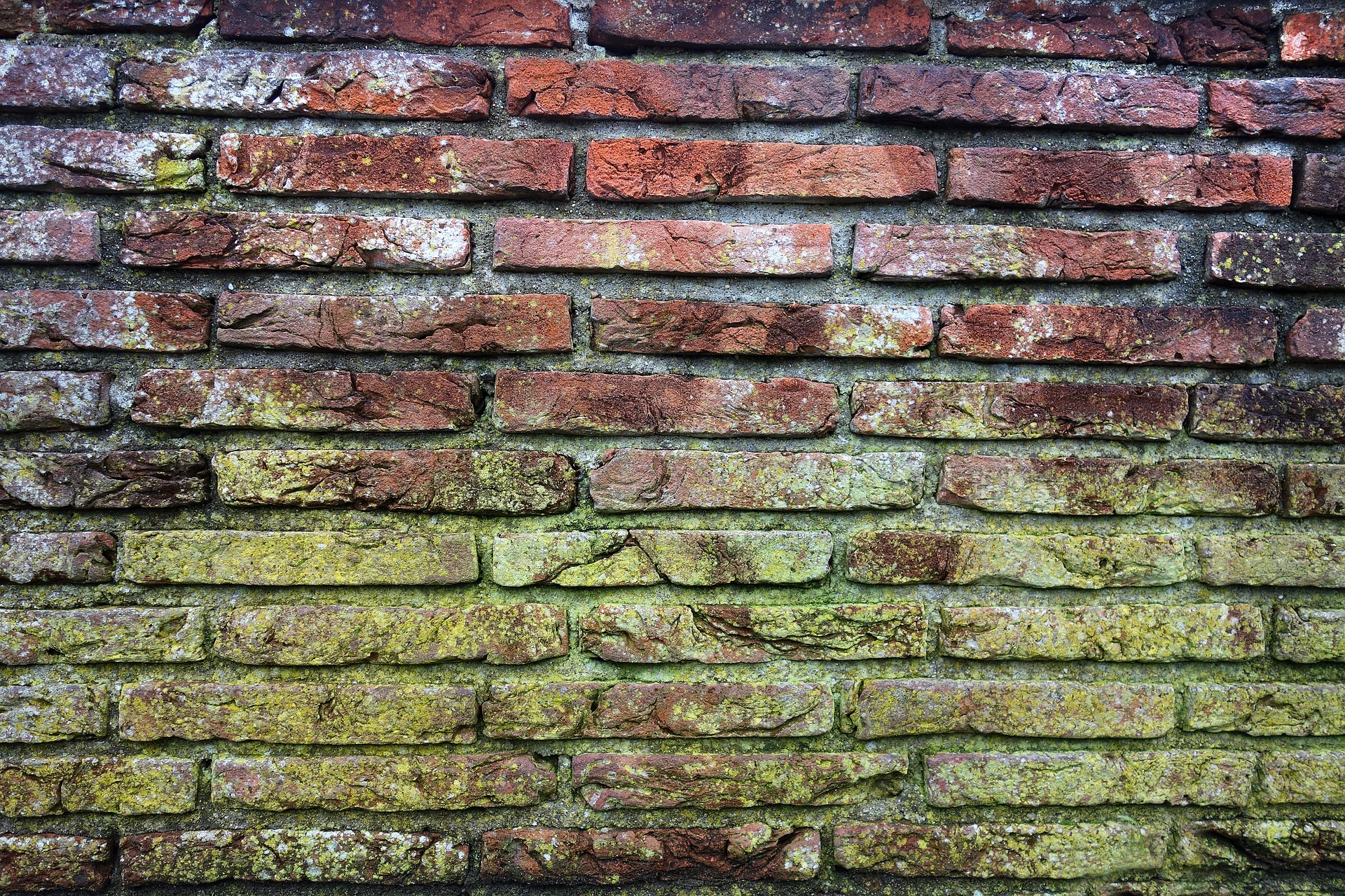




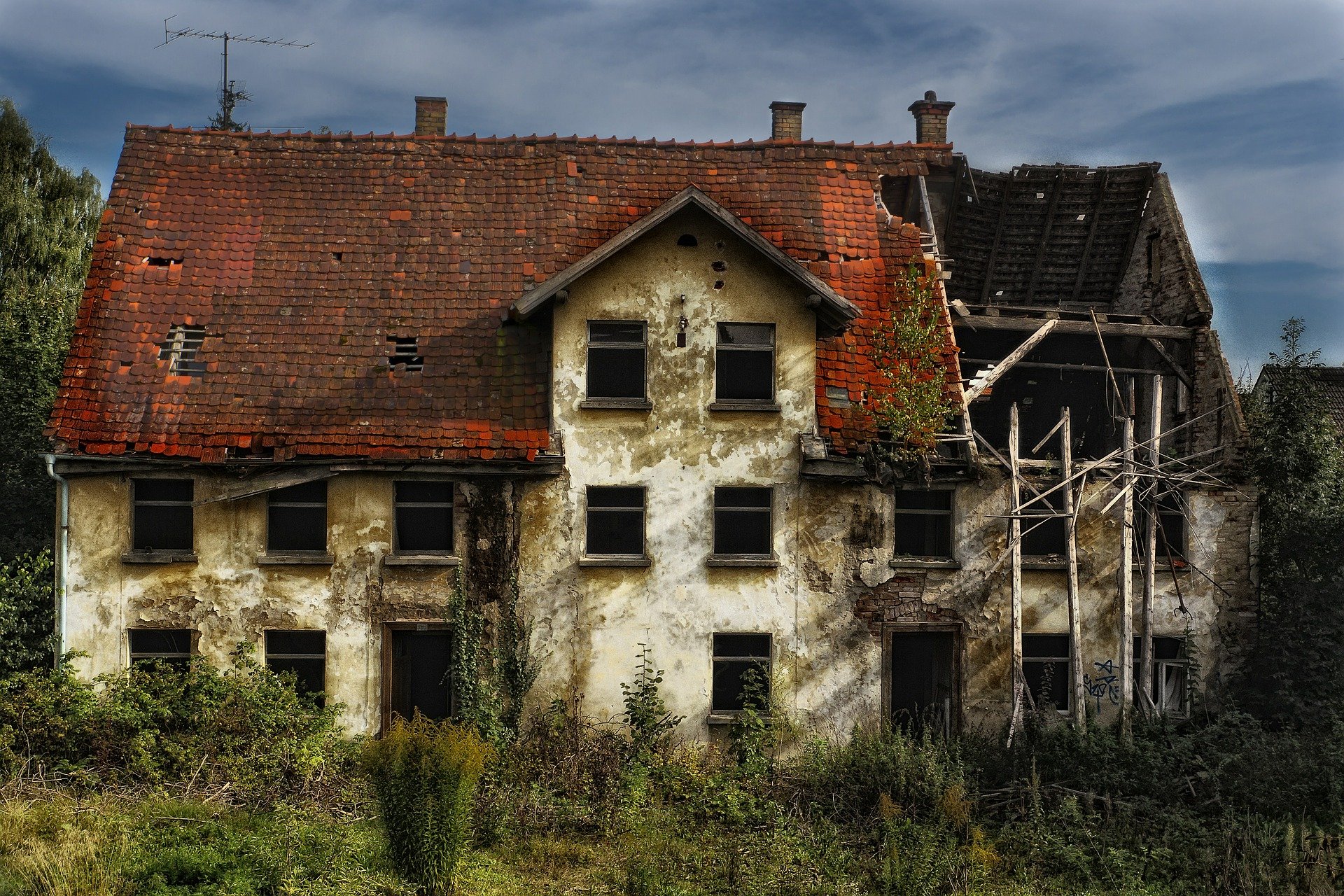













Recent Comments